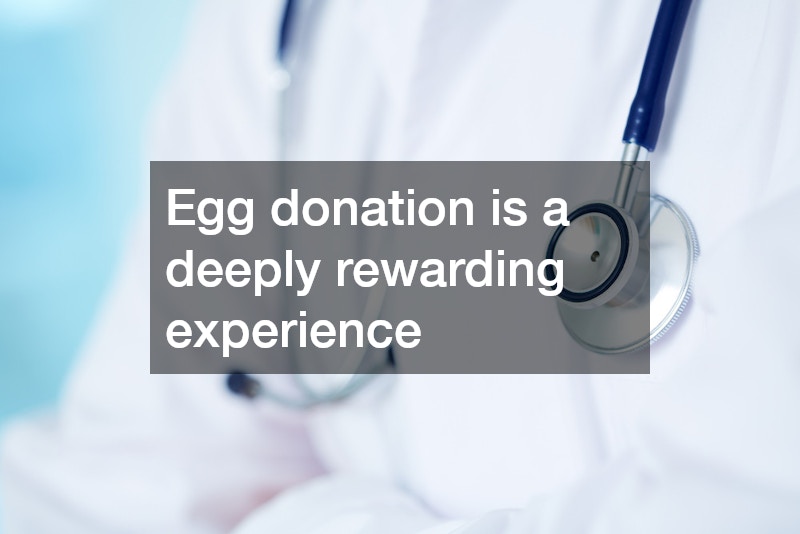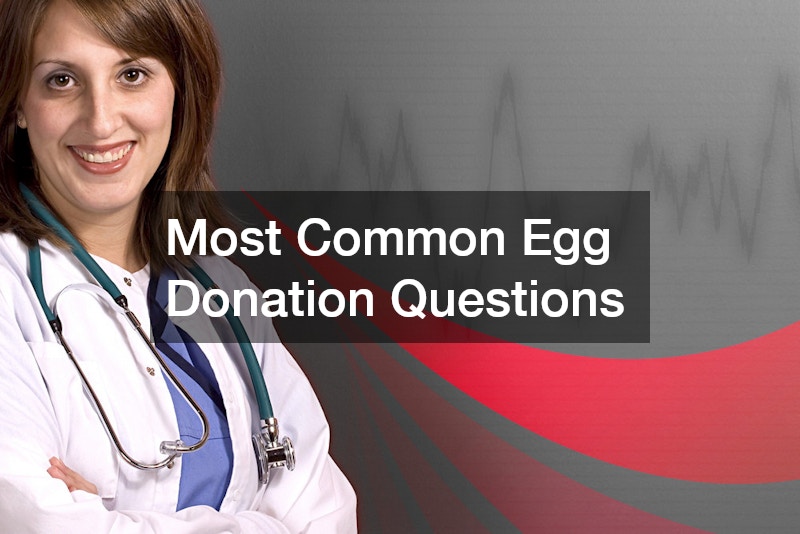Egg donation is a selfless act that allows individuals or couples to grow their families. For those considering becoming a donor, it’s natural to have questions about the process. If you’ve wondered “ where to sell my eggs” or how the process works, here are answers to the most common questions.
What are the eligibility requirements?
Most programs require donors to be between 21 and 35 years old, in good physical health, and with a healthy BMI. Having no history of smoking, drug use, or genetic conditions is also essential.
How does the process work?
After being accepted, donors undergo medical and psychological screenings. You’ll take hormone injections to stimulate egg production, followed by a retrieval procedure performed under sedation. The entire process typically takes 6–8 weeks.
Is it safe?
Egg donation is considered safe, but there can be mild side effects like bloating or mood swings from hormone treatments. Serious complications are rare, especially when donors work with reputable clinics.
How much is the compensation?
Compensation varies by location and clinic but generally ranges from $5,000 to $10,000 per cycle. This amount reflects the time and commitment involved.
Where to sell my eggs?
Start by researching reputable fertility clinics or egg donation agencies. Choose organizations with clear processes, ethical practices, and comprehensive support for donors.
Egg donation is a deeply rewarding experience. By understanding the process and working with a trusted agency, you can make an informed decision while helping others fulfill their dreams of parenthood.
.

